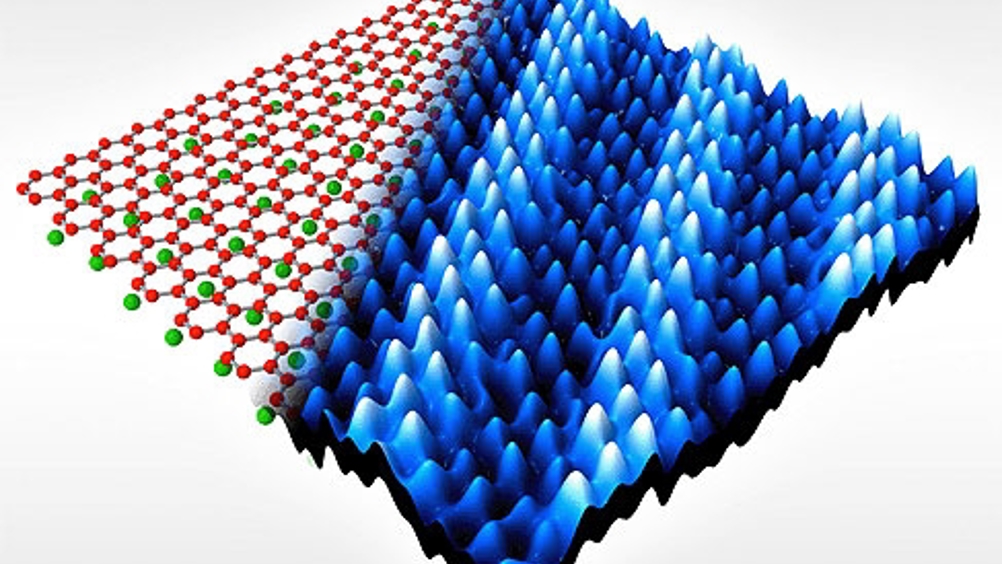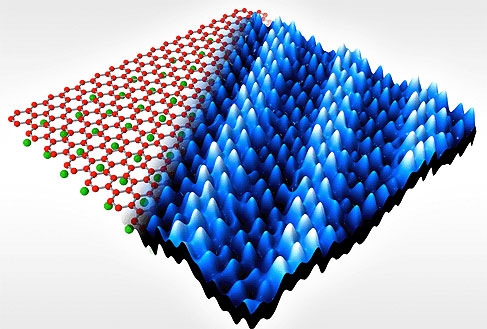2D-Health project to investigate next generation medtech with graphene
Manchester University has been awarded over £5m to investigate the use of nanomaterials including graphene in the human body.


The £5.2m EPSRC grant will fund a project to explore how two-dimensional materials can improve major health challenges, such as cancer, diabetes and dementia.
The announcement was made today by Jo Johnson, minister of state for universities and science, as part of £17.7m for new healthcare technologies research to address the health issues of an aging UK population.
According to the University, potential areas of benefit using graphene and other 2D materials could include targeted drug delivery systems to attack cancer cells while leaving other cells unharmed, remote electrical stimulation of nerves affected by neurodegenerative and other diseases, such as diabetes, plus smart dressings for burns and wounds.
As well as four major healthcare partners and two graphene SMEs, the 2D-Health project involves laboratories from across University spanning physics, chemistry, pharmacy and medicine.
Similarly, the University’s Nanomedicine Lab brings together bioengineering, pharmacology and nanotechnology and their translation to advanced, clinically-relevant therapeutics and diagnostics.
Register now to continue reading
Thanks for visiting The Engineer. You’ve now reached your monthly limit of news stories. Register for free to unlock unlimited access to all of our news coverage, as well as premium content including opinion, in-depth features and special reports.
Benefits of registering
-
In-depth insights and coverage of key emerging trends
-
Unrestricted access to special reports throughout the year
-
Daily technology news delivered straight to your inbox










Water Sector Talent Exodus Could Cripple The Sector
Maybe if things are essential for the running of a country and we want to pay a fair price we should be running these utilities on a not for profit...